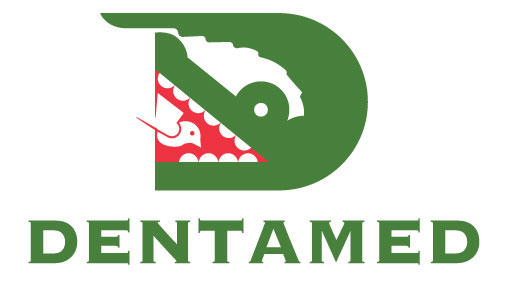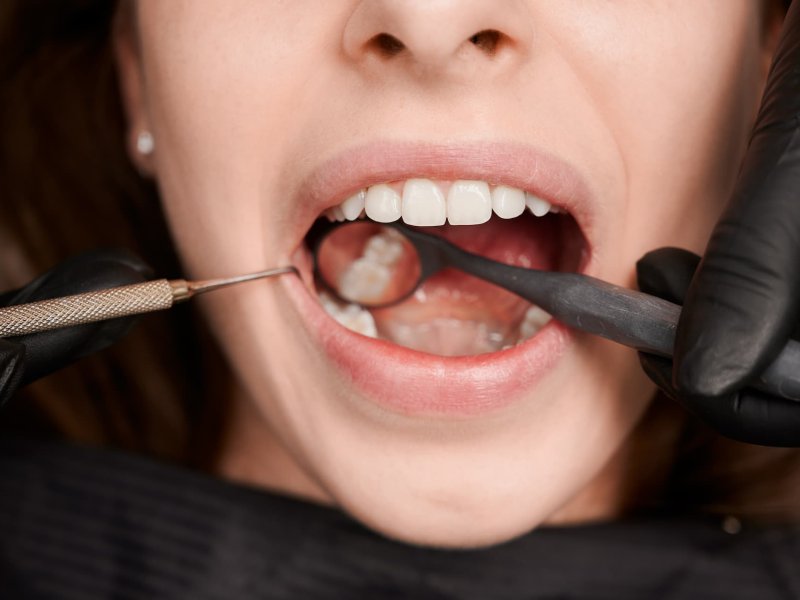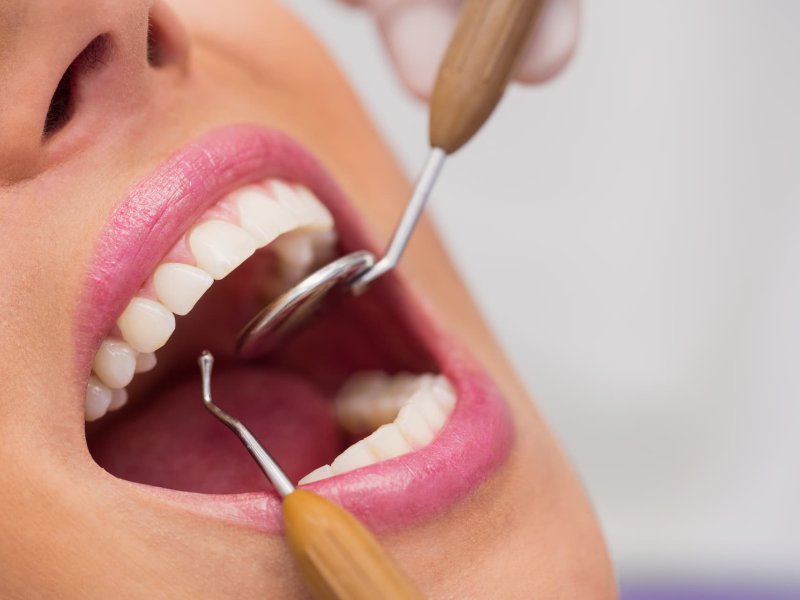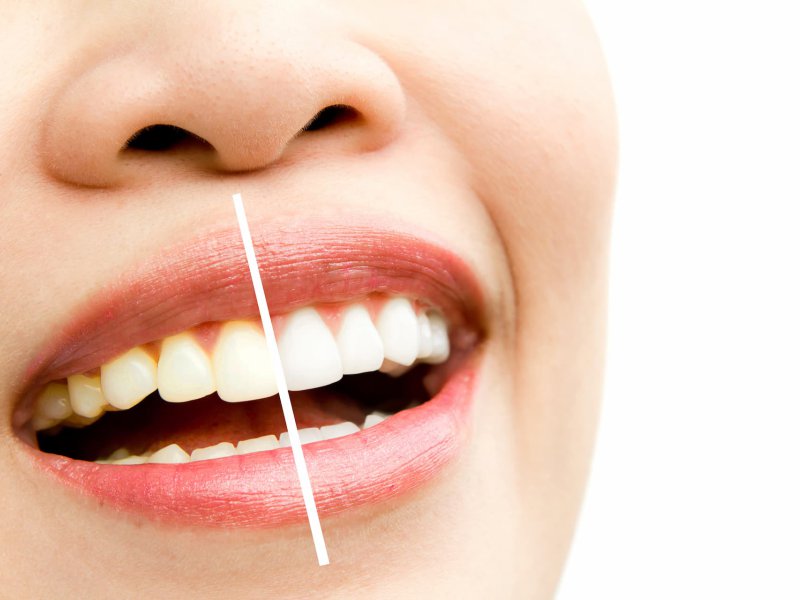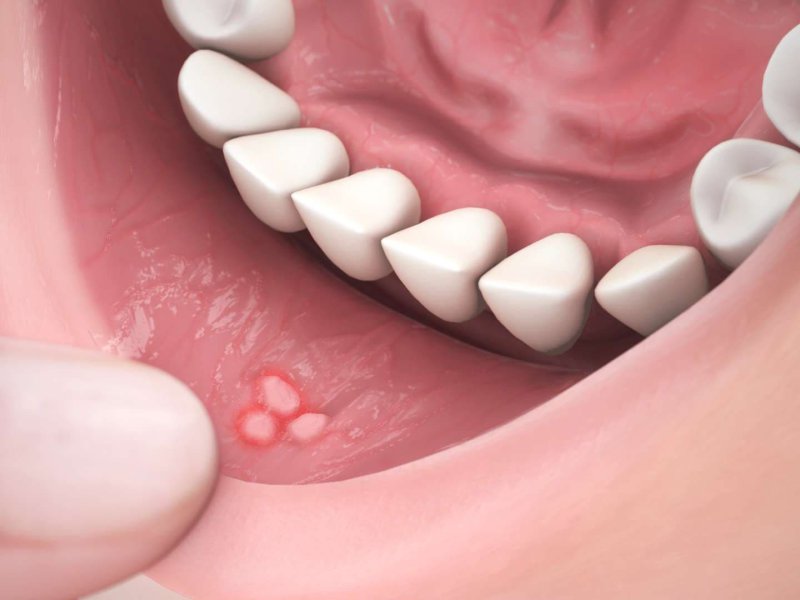What is Good for Toothache?
Toothache is often a signal of an underlying dental problem that has been neglected. It may develop due to various reasons such as abscess, tooth decay, gum inflammation, or teeth grinding. These pains can intensify over time and significantly reduce one’s quality of life. As a dentist, my recommendation is to seek professional help as soon as the pain begins. However, while waiting to see a dentist, there are several ways to temporarily ease the pain.
Some practical home remedies can help control toothache temporarily, but it’s important to remember that these methods do not provide a permanent solution.
What Causes Toothache?
Identifying the source of tooth pain is the first step toward an accurate treatment process. The most common causes include:
Tooth decay: When the enamel weakens, bacteria penetrate deeper layers of the tooth, putting pressure on the nerves.
Pulpitis (inflammation of the inner tooth tissue): Causes severe, throbbing pain that usually worsens at night.
Gum disease: Gum recession exposes the tooth root, leading to sensitivity and pain.
Teeth grinding or clenching (bruxism): Often results in widespread jaw and tooth pain, especially in the morning.
In such cases, the goal should not only be to relieve pain but also to eliminate the underlying cause.
What Helps Toothache? Effective and Natural Methods
Before visiting a dentist, some supportive home remedies may help relieve toothache:
Saltwater rinse: Its antiseptic effect may help reduce inflammation.
Cold compress: Especially useful if the pain is due to swelling or trauma; external cold application provides temporary relief.
Clove oil: Contains eugenol, a natural analgesic and antimicrobial agent. However, direct application may irritate the gums, so it must be used carefully.
Sitting upright: Keeping the head elevated while sleeping can reduce sinus pressure and throbbing.
None of these methods provide a permanent cure — a dental examination is always necessary.
What Helps Toothache at Night?
Tooth pain often intensifies at night for several reasons:
Lying down increases blood flow to the head, heightening nerve sensitivity.
Distractions during the day make pain less noticeable, but at night it becomes more apparent.
When nighttime toothache occurs, the following steps may offer temporary relief:
Apply a cold compress
Take an over-the-counter pain reliever (such as paracetamol or ibuprofen)
Rinse with antiseptic mouthwash before bed
Avoid caffeine, sugary foods, and hot drinks
However, these only provide short-term comfort. If the pain persists, visit a dentist the next day.
Painkillers for Toothache
The first-line medications for toothache are typically nonsteroidal anti-inflammatory drugs (NSAIDs) and paracetamol. These drugs reduce pain and inflammation, helping ease local swelling.
For example, ibuprofen is one of the most commonly used NSAIDs and provides effective relief when taken at appropriate doses. Paracetamol (acetaminophen) is a good alternative for those who cannot use NSAIDs due to stomach or kidney problems.
Combining these two medications may offer better pain control through different mechanisms — NSAIDs reduce inflammation, while paracetamol acts on the central nervous system to block pain signals.
Opioid painkillers (such as tramadol or codeine) are considered second-line options and are prescribed only if NSAIDs and paracetamol fail to provide relief. These must be used carefully and for short periods.
Important points when choosing painkillers:
Pay attention to dosage, frequency, existing health conditions (e.g., ulcers, kidney disease), and drug interactions.
Painkillers provide temporary relief but do not address the root cause (such as decay, abscess, or fracture).
Prolonged or excessive use can harm internal organs.
In conclusion, for managing toothache, a combination of NSAID + paracetamol is usually the first step; if pain persists, further evaluation by a dentist is necessary.
Do Antibiotics Help Toothache?
Antibiotics are not necessary for every toothache. They are prescribed only when there is a bacterial infection, particularly in cases of abscess, swelling, widespread inflammation, or systemic symptoms like fever and fatigue.
Dental guidelines emphasize that antibiotics should only accompany local treatments (such as root canal therapy, drainage, or extraction). Their purpose is to control the spread of infection and reduce systemic impact — not to replace the main treatment.
Antibiotics are appropriate when there is:
Facial swelling
Enlarged lymph nodes
High fever or severe systemic symptoms
In children, antibiotic use should follow AAPD (American Academy of Pediatric Dentistry) guidelines to prevent resistance. Because of side effects (allergies, gut flora disruption, etc.), antibiotics must be prescribed cautiously.
So, to answer “Do antibiotics help with toothache?” — only if there is a bacterial infection.
When Should Toothache Be Taken Seriously?
Toothache can often be managed temporarily, but some symptoms require urgent attention. You should take the pain seriously if you experience:
Facial or jaw swelling, redness, or spreading inflammation
High fever, fatigue, or malaise
Swollen lymph nodes or neck tenderness
Pus, discharge, or foul taste/odor in the mouth
Difficulty swallowing or breathing, or inability to close the mouth
Severe, persistent pain unresponsive to over-the-counter medication
Tooth mobility, displacement, or fracture
These may indicate a systemic infection, not just a local tooth problem.
For instance, infections like Ludwig’s angina (a deep neck infection) can cause airway obstruction and require emergency care.
In short, if you have symptoms affecting your face, throat, or breathing, seek immediate dental or medical attention.
Toothache in Children: What to Do?
Toothache in children can be distressing since they may struggle to express what they feel. The first step is to have them rinse with cold water to reduce irritation. A warm saltwater rinse can also have a mild antiseptic effect.
If there is gum tenderness, a cold compress (wrapped in a clean cloth) can be applied externally — but avoid direct or prolonged ice contact.
For pain relief, paracetamol or ibuprofen may be used with a dentist’s approval and proper dosing for age and weight.
Seek immediate dental care if the child shows:
Noticeable facial swelling or redness
Fever or fatigue
Refusal to eat or drink
Pus discharge or foul smell from the mouth
Loose or broken tooth
Remember, antibiotics alone are not a cure — treatment may require drainage, root canal, or extraction.
If painkillers were given, inform the dentist to ensure a safe treatment plan.
Toothache During Pregnancy: Safe Approaches
Pregnancy causes hormonal changes that can affect oral health — gums become more sensitive, and the risk of decay increases. However, treatment and medication must be chosen carefully during this period.
Local measures are preferred: saltwater rinses, gentle brushing, and flossing are essential.
If medication is required, paracetamol is generally considered safe during pregnancy (with a doctor’s approval).
NSAIDs (e.g., ibuprofen) should be avoided, especially during the third trimester.
Some antibiotics are contraindicated in pregnancy; therefore, only a dentist or physician should decide which one is safe.
If pain is severe, local anesthesia can be used for minor dental work. Procedures such as fillings or root canals can often be safely performed in the second trimester, known as the “golden trimester.”
Treatment decisions should always be made collaboratively by the dentist and obstetrician.
In summary, during pregnancy, the goal is to manage tooth pain safely and effectively using minimally invasive treatments that protect both mother and baby.
How to Relieve Toothache Before Seeing a Dentist
While waiting to see a dentist, you can use these methods to manage the pain:
Alternate cold and warm compresses to reduce nerve stimulation.
Sleep with your head elevated to lower sinus pressure.
Eat soft foods and avoid very hot, hard, or acidic foods.
Avoid sugary, acidic, or extremely hot/cold drinks.
Use clove water or oil (carefully) for mild antiseptic relief.
Take over-the-counter pain relievers at the recommended dose for short-term comfort.
These methods can make you more comfortable temporarily, but the underlying issue must still be treated — delaying care can lead to complications.
How to Prevent Toothache
Preventive care is key to maintaining long-term oral health. Here are essential steps to avoid tooth pain:
Regular dental checkups: Every six months or as recommended by your dentist to detect early issues.
Proper brushing and flossing: Brush at least twice daily with fluoride toothpaste and clean between teeth.
Healthy diet: Limit sugary and acidic foods, and avoid late-night snacking.
Fluoride treatments: Dentist-recommended gels, varnishes, or rinses can reduce the risk of decay.
Night guards: For those with bruxism (teeth grinding), custom night guards protect the enamel and nerves.
Avoid tobacco: Smoking slows healing and increases infection risk.
Break bad habits: Don’t bite pens or chew ice — these can cause cracks and sensitivity.
Following these preventive measures will greatly reduce the risk of toothache and help preserve your oral health for the long term.
